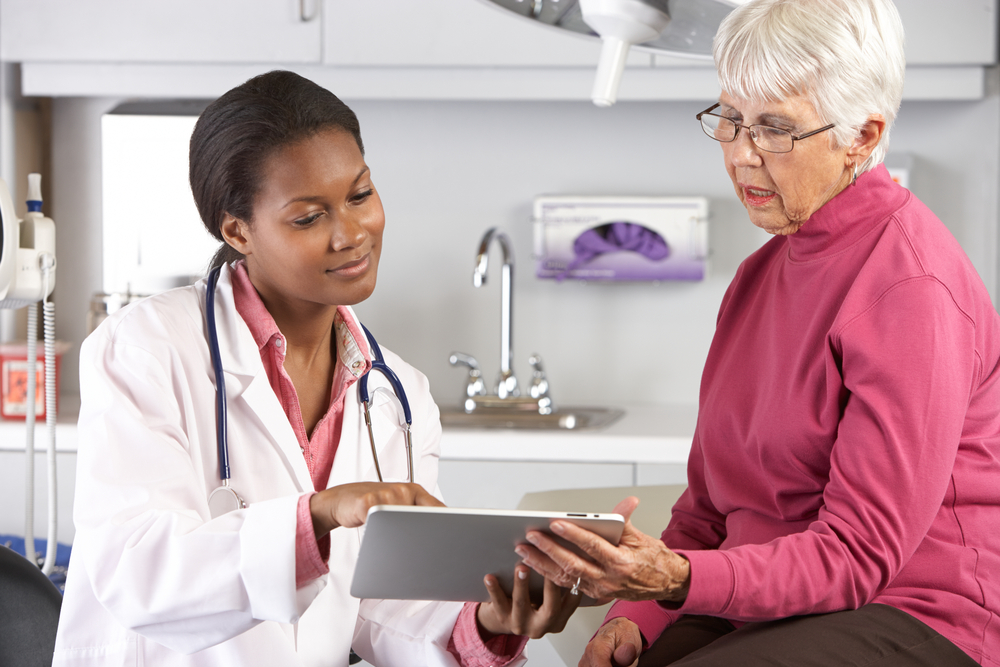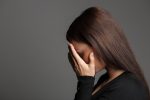Third COVID Vaccine Recommended for Most Patients

Monkey Business Images/Shutterstock
To combat the continued spread of COVID-19 and its Delta variant, Sjögren’s syndrome patients should get a third dose of the Pfizer or Moderna vaccine, the Sjögren’s Foundation has recommended, pursuant to Centers for Disease Control and Prevention (CDC) guidelines.
The CDC — the United States’ public health agency — recently advised individuals who are moderately to severely immunocompromised, and who have received two doses of either mRNA vaccine (Pfizer or Moderna), to get another dose.
The CDC’s recommendation is backed by studies that show marked improvement in COVID-19 immunity in such individuals after a third shot. No extra vaccine dose of any kind is advised for immunocompromised individuals who originally received the single-dose Johnson & Johnson/Janssen vaccine, since it has not been determined that an additional shot will offer enhanced protection against COVID-19 infection.
“These are interim recommendations,” the foundation said in a press release. “As new data emerge regarding duration of the primary vaccine response and efficacy of additional vaccine doses, it is likely that the [U.S. Food and Drug Administration] and CDC will issue revised recommendations. The Sjögren’s Foundation will issue new information as it becomes available.”
In accordance with the CDC’s guidance, the Sjögren’s Foundation’s COVID-19 Vaccination Committee recommends a third dose of the Pfizer or Moderna vaccine for Sjögren’s patients who are being treated with high-dose corticosteroids and biologic agents, particularly the immunosuppressive therapy rituximab, for the chronic autoimmune disorder or associated diseases.
Such corticosteroid treatments include: 20 mg or more per day of prednisone; methotrexate (brand name medications Trexall, Otrexup, Rasuvo); mycophenolate (Cellcept); mycophenolic acid (Myfortic); leflunomide (Arava); cyclophosphamide (Cytoxan); azathioprine (Imuran); cyclosporine (Neoral, Gengraf); tacrolimus (Prograf); tofacitinib (Xeljanz); upadacitinib (Rinvoq); and baricitinib (Olumiant).
Sjögren’s is classified as either primary or secondary, depending on whether it appears as an isolated illness or follows another autoimmune disease, such as rheumatoid arthritis or systemic lupus erythematous. A third dose also is recommended for Sjögren’s patients who have a second condition that could compromise immunity.
This includes those who are being treated for cancer, including: lymphoma, but excluding excisional treatment for non-melanoma skin cancers; solid organ transplant recipients who require ongoing immunosuppressive therapy; and patients who have undergone CAR-T cell or hematopoietic stem cell transplant within the past two years, or who are receiving long-term immunosuppressive therapy.
It also includes those with a moderate or severe primary immunodeficiency disorder, including combined variable immunodeficiency, and advanced or untreated HIV infection.
The Sjögren’s Foundation notes that hydroxychloroquine (Plaquenil) is not considered an immunosuppressive. So, those who receive such treatment do not need a third vaccine dose if they are not taking any of the above medications and do not have one of the listed secondary conditions.
The preference is for the third-dose vaccine to be the same type as the two received previously.
While patients need no verification by physicians of their immunocompromised status to receive the third shot, they should discuss any uncertainties with their healthcare team. Also, those who are being treated with immunosuppressive medications should ask their doctor whether they should halt these treatments temporarily before, or immediately after, receiving the third dose.
Because immunocompromised individuals remain at risk of COVID-19, even after a third dose, it is recommended that they wear a mask, remain six feet away from others, wash hands often, and clean and disinfect surfaces, the foundation noted.







